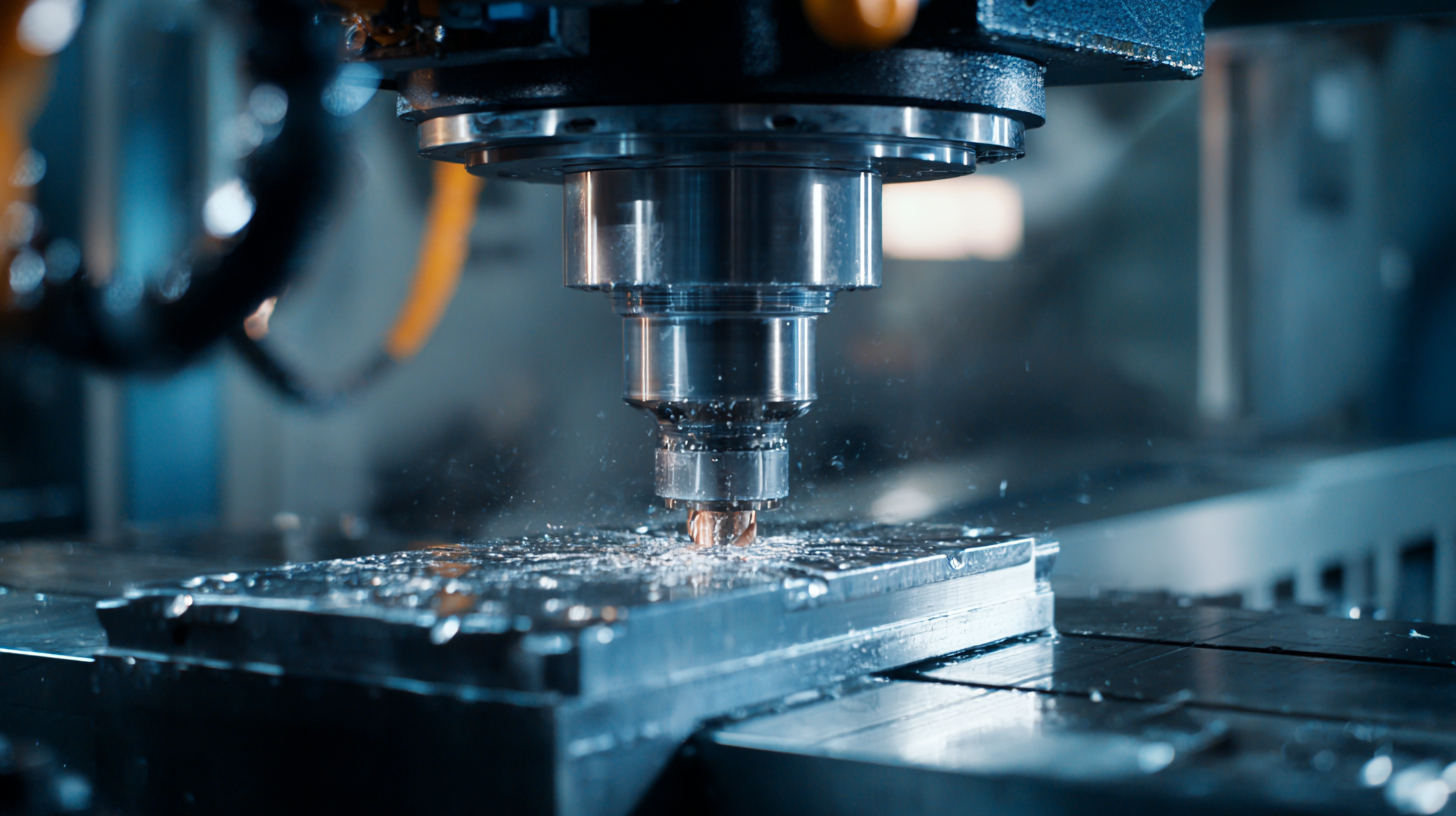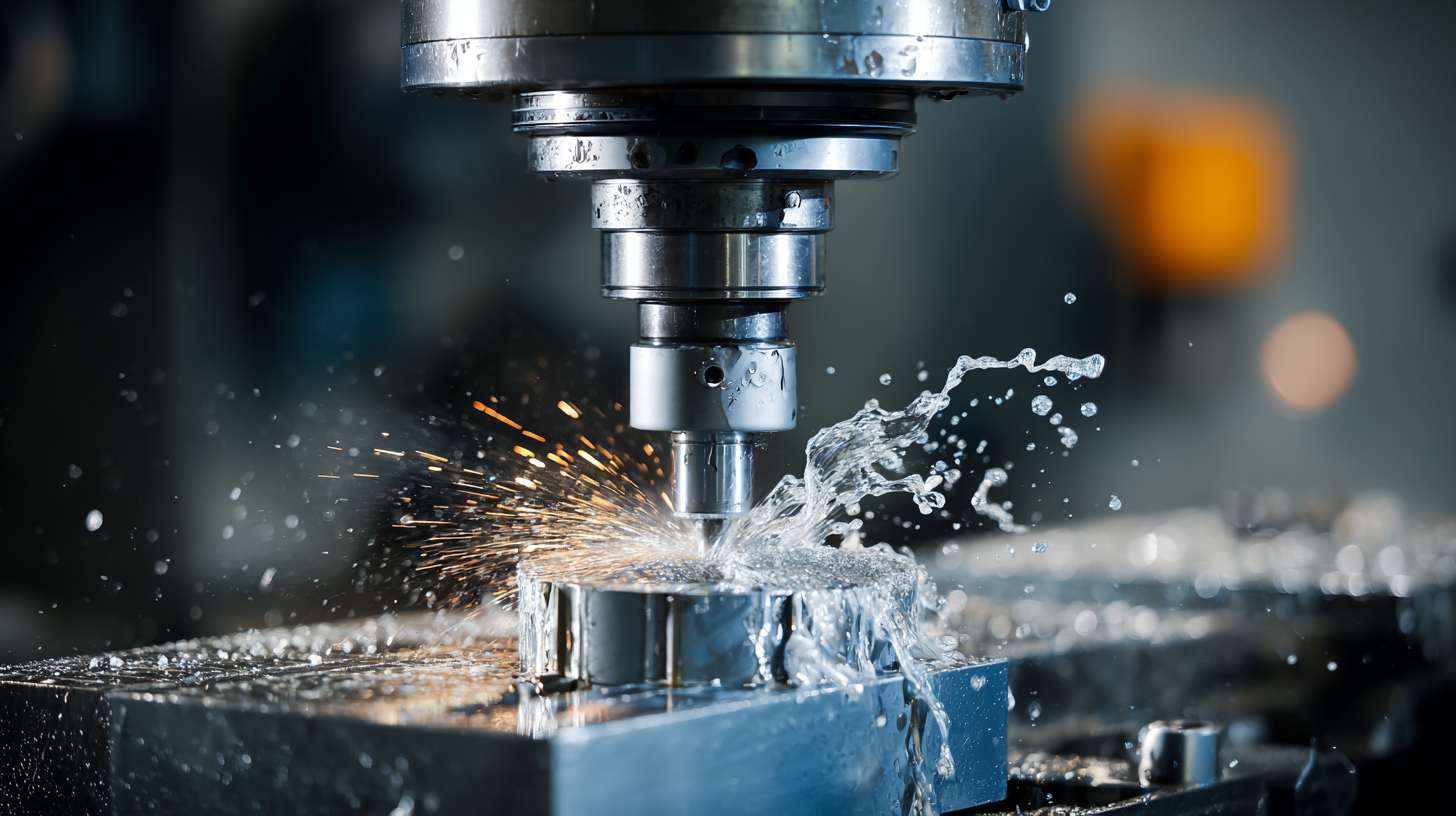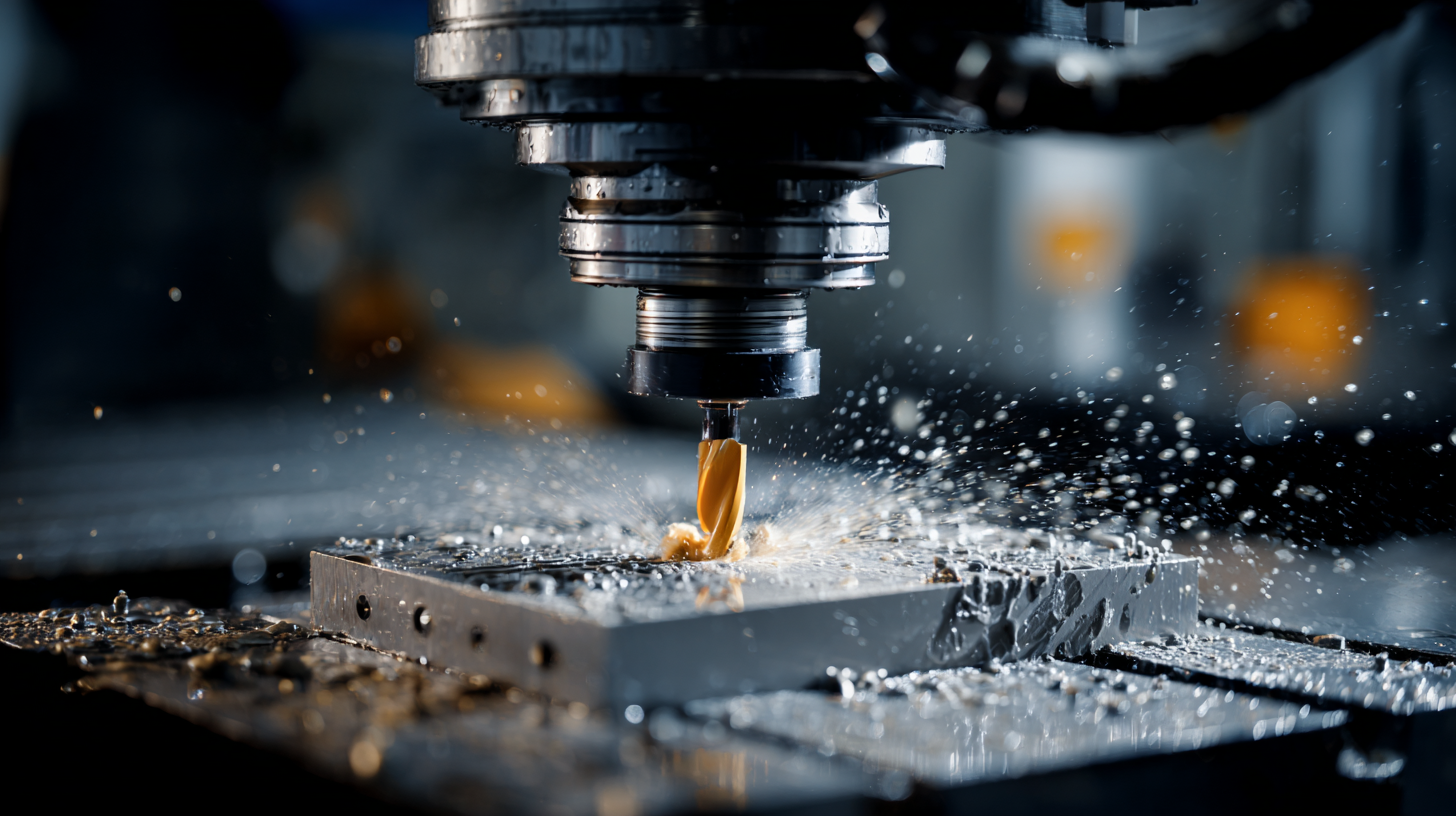Global Leaders in Manufacturing Unveiling the Best Industrial CNC Solutions
In today's fast-evolving industrial landscape, the selection of a high-quality manufacturing partner is crucial for businesses aiming to enhance their production capabilities and remain competitive. Industrial CNC (Computer Numerical Control) technology stands at the forefront of modern manufacturing, enabling precision and efficiency in the production of complex components. However, with a plethora of manufacturers claiming to offer the best solutions, how can companies discern which ones truly deliver superior quality and reliability? This blog aims to guide you through the essential criteria for choosing a top-notch industrial CNC manufacturer, highlighting key factors such as technological advancements, quality assurance processes, customer support, and industry reputation. By making an informed decision, businesses can invest in industrial CNC solutions that not only meet their immediate needs but also facilitate long-term growth and innovation.

Benefits of Advanced CNC Technologies in Modern Manufacturing
The integration of advanced CNC technologies in modern manufacturing is proving to be a game-changer, enhancing productivity and precision across various industries. Recent reports indicate that the global CNC machine market is expected to grow significantly, projected to reach USD 346.38 billion by 2033, indicating a compound annual growth rate (CAGR) of approximately 6.5% from 2025. This growth is largely driven by the adoption of digital manufacturing technologies that facilitate improved operational efficiency and quality control.

Moreover, the role of CNC machining in lightweight structures, particularly in materials like carbon fiber and titanium, cannot be overstated. As industries shift toward producing high-performance, energy-efficient components, advanced CNC solutions are critical for meeting stringent production standards. The emergence of technologies such as artificial intelligence and robotics is also reshaping the landscape, allowing for innovative machining practices that optimize production costs and reduce waste. By harnessing these advanced machining capabilities, manufacturers are not only improving their output but also contributing to broader sustainability initiatives in line with a circular economy.
Impact of CNC Solutions on Production Efficiency and Cost Reduction
The global manufacturing landscape is witnessing a profound transformation driven by advanced CNC solutions, which have a significant impact on production efficiency and cost reduction. As industries strive to streamline operations and minimize expenses, the adoption of Computer Numerical Control (CNC) technologies becomes increasingly critical. These solutions enhance precision and speed in manufacturing processes, allowing companies to meet the growing demands of diverse markets while reducing waste and improving resource utilization.
According to projections, the CNC controller market is anticipated to grow steadily, with an expected market size reaching $228.7 million by 2033. This growth aligns with the overall expansion of the CNC machining sector, which is set to increase from $27.16 billion in 2025 to $44.64 billion by 2033, reflecting a compound annual growth rate of 6.4%. Such trends highlight the pivotal role of CNC technologies in enhancing operational efficiencies.
Moreover, the convergence of collaborative robotics in 3C manufacturing showcases how these advanced systems not only improve productivity but also address the escalating demands for customization in product offerings. This innovative synergy ultimately drives sustained growth in the manufacturing sector, emphasizing the necessity of integrating cutting-edge CNC solutions to remain competitive in today's fast-paced market.
How CNC Machines Enhance Precision and Quality Control in Industries
As industries evolve, the importance of precision and quality control in manufacturing has become paramount. CNC (Computer Numerical Control) machines play a critical role in achieving these goals by allowing for highly accurate operations across various applications. By utilizing advanced digital manufacturing technologies, CNC machines can streamline production processes, enhance consistency, and minimize errors, which is essential for high-quality output in sectors such as aerospace, automotive, and electronics.
Moreover, the integration of artificial intelligence into CNC operations is revolutionizing machining by further improving precision and efficiency. AI-driven CNC machines can analyze vast amounts of data in real-time, enabling smarter decision-making during the machining process. This advancement not only reduces production costs but also enhances the capability to handle complex geometries, thus catering to the increasing demands for intricate designs and tight tolerances in modern manufacturing. As the industry moves toward greater automation and innovation, CNC technology remains at the forefront, driving advancements in precision and quality control.
The Role of CNC Automation in Meeting Industry 4.0 Standards
As industries evolve towards the Fourth Industrial Revolution, the integration of CNC (Computer Numerical Control) automation is becoming imperative for manufacturers seeking to enhance efficiency and precision. According to a report by McKinsey, companies implementing advanced manufacturing technologies, including CNC solutions, can achieve productivity gains of up to 25% while reducing errors by nearly 40%. This transformative potential makes CNC automation a cornerstone in meeting the standards of Industry 4.0.

The role of CNC automation extends beyond mere productivity; it is essential for data analytics and real-time decision-making. A recent study by the International Federation of Robotics (IFR) highlighted that 70% of manufacturers are already leveraging robotic CNC machines for streamlined production processes. These technologies allow for continuous monitoring and optimization, helping manufacturers adapt swiftly to market demands and customer specifications. Furthermore, integrating CNC automation with IoT (Internet of Things) devices enables a data-driven approach, fostering smarter factories where equipment and systems are interconnected, paving the way for a truly agile manufacturing landscape.
Long-Term Economic Benefits of Investing in CNC Manufacturing Solutions
Investing in CNC manufacturing solutions presents long-term economic benefits that extend far beyond initial costs. Precision and efficiency are two hallmarks of CNC technology, enabling manufacturers to produce complex parts with minimal waste. This reduction in material costs not only improves profit margins but also contributes to environmental sustainability. As companies embrace CNC machining, they can streamline their production processes, leading to faster turnaround times and enhanced product quality. This efficiency results in a more robust supply chain and the ability to respond swiftly to market demands.
Moreover, the scalability of CNC solutions allows manufacturers to adapt to changing industry trends and the rising complexity of customer needs. As businesses grow, CNC systems can be integrated seamlessly into existing operations, enabling ongoing innovation without significant overhead investments. This adaptability ensures that companies remain competitive within a global market, fostering long-term growth and stability. As firms recognize the strategic advantages of CNC technology, investing in these solutions not only enhances immediate operational effectiveness but also secures a stronger position for future expansion and economic resilience.















